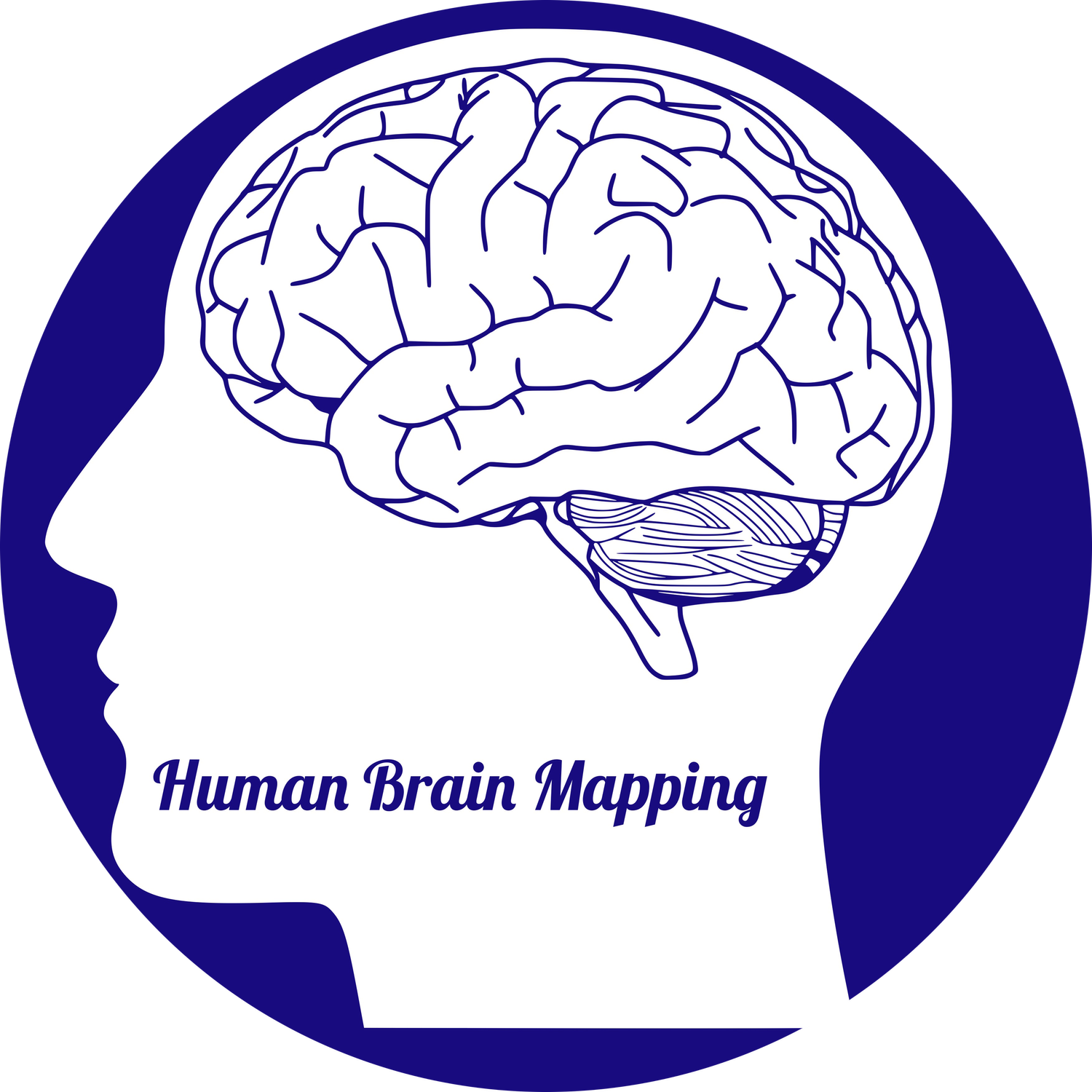Research Interests and Research Summary
My career goal is to advance our knowledge and understanding of the Human Brain and the complex networks underlying it. I am a clinician familiar with the pressing need for quick and reliable tools to map brain functions. I am an epileptologist with extensive experience in invasive intracranial EEG evaluations, source-localization techniques, and brain connectivity for mapping brcortico-cortical evoked potentials and functional mapping. It is my honor that our line of work has received prestigious awards and funding support.
Rafeed Alkawadri, MD
RESEARCH INTERESTS
Anesthesia; Artificial Intelligence; Brain; Brain Mapping; Electroencephalography; Electrophysiology; Epilepsy; Evoked Potentials; Gyrus Cinguli; History of Medicine; Intraoperative Care; Neurobiology; Neurophysiology; Neurosciences; Organizational Innovation; Magnetoencephalography; Computational Biology; Biomedical Technology; Biomedical Research; Deep Brain Stimulation; Support Vector Machines; Brain-Computer Interfaces
RESEARCH SUMMARY
Functional Mapping and Brain Stimulation
Real-Time Mapping of the Brain
Passive Identification of Epileptic and Physiologic Brain Networks
High-Frequency Oscillations and Very High-Frequency Oscillations
Broadband Intracranial EEG Analysis
Evoked Potentials
Cortical Evoked Potentials and Brain Connectivity
Cingulate Gyrus Epilepsy and Connectivity
Clinical Neurophysiology and Epileptology
Effect of Anesthesia on Electrocorticography
History of Neurology
Brain Restoration
Keywords
Functional and structural neuroimaging, brain mapping, HFOs, SPEPs, ECS, human brain, epilepsy, surgical outcomes, epilepsy surgery, functional magnetic resonance imaging, human brain mapping, structural neuroimaging, improve cognitive function, cognitive function, data processing, AI, BCI, areas of the brain, Cingulate Epilepsy, Frontal Lobe Epilepsy, Connectivity Index, Subdural.
